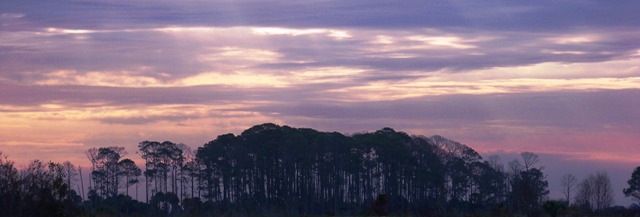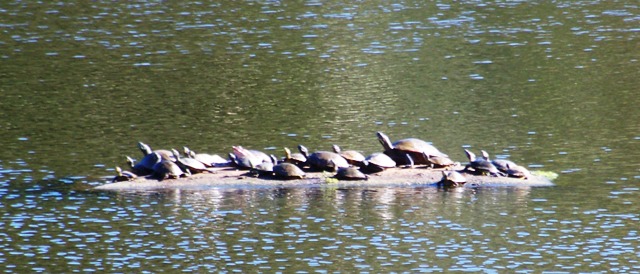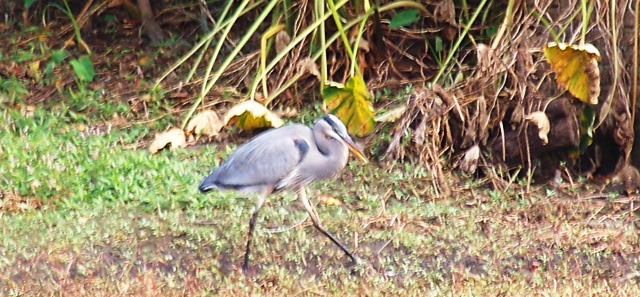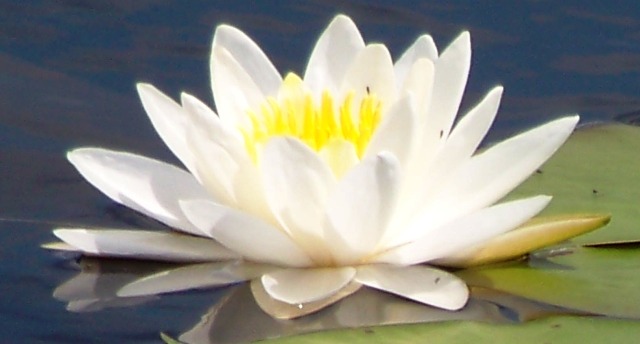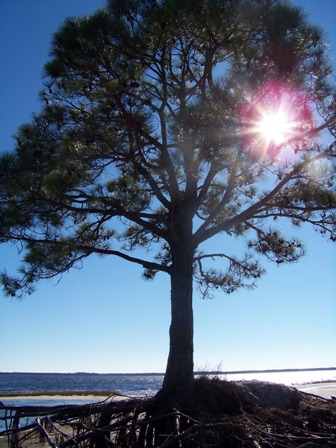Who is not looking to live with peace of mind, to rest in the reality of every day, to frustrate the frenzy in favor of calm. No one wants to ride the roller coaster forever. It’s exhausting.
My way is Zen, which provides perspective but not escape. I don’t get to detach from the chaos–create an echo chamber–mine is to sit in the middle of life, to “think bigger” as Pema Chödrön says.
It is more than sitting in meditation or feeling the prana of yoga. Those are powerful, pristine moments, truly a touch of peace, but like Heraclitus’ river, each experience is its own. No do overs.
Yet in the experience is the yen to return.
Some days I sit on its banks, having finally found my way around a horseshoe bend or oxbow but it is to the river I return, always at peace, a place to think bigger.
Where I accept that all of life is an experience. I trust it. And each time I drink in these waters, I am slowed, as if in the sip I experience life to no exclusion.
Every time I go off on another meander, yet another promising tangent, the river does not slow for me but trusts my return. Of course, the river is endless but my experiences are limited to one life.
I begin at the river, mind and body balanced, but soon one is ignored in favor of the other, leaving me vulnerable and impatient, probably defensive, which is what I bring to the world.
If I am not feeling equanimity, I’m not giving it. No amount of positive thinking/action will make it so. If I promise what I am not certain, offer words people want but I doubt, the river will wash out those bridges.
I am back where I began. My mind pulls up similar events and while memory is not 100% reliable, I am reminded I do not step in the same river twice–not ever–no matter how similar the results.
I add to my experience bank as I sit at river’s side, purposefully not moving, to still the body’s sensations, even the ever-present numbness/tingling in my hands. They who never quite wake appreciate the stillness of meeting the dawn as an act of breath.
It is a recent revelation for me, having my body still my mind rather than the other way around. It is not that I didn’t know, it is that I did not do. My mind is more cooperative because it doesn’t have to fight for its turn. No more meandering…well…less trying to step in the same river twice.
We are living impermanence on a grand scale, and it is not always what we would choose, but the river is not selective in its offering. How we accept experience defines us. Do we meet the dawn or run the meander only to return where we began?
The main question is, are we living in a way
that adds further aggression and self-centeredness
to the mix, or are we adding some much-needed sanity?
Pema Chödrön, Taking the Leap:
Freeing Ourselves from Old Habits and Fear, page 2
Are we thinking bigger?








